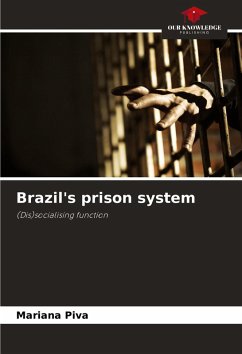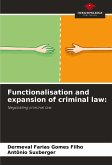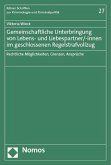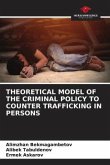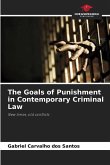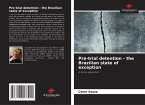The Brazilian prison system is particularly notorious for its shortcomings and deficiencies. The custodial sentence (prison sentence), as a means of re-socialising the individual criminal, has not proved to be the most effective way of combating crime and criminality. On the contrary, penitentiary institutions have become a school for crime and the main instrument of social control for the subaltern classes. Based on the argument that the penal system has acted in a selective and stigmatising way, the main consequences that the prison sentence is capable of fostering will be pointed out. The aim is to analyse critical criminology in relation to the penal system's role as a reproductive device for social inequality. A new paradigm called restorative justice is also presented as an alternative to the penal system. Finally, we will analyse alternative criminal policies that are concerned with changing the social context, using the most appropriate means in order to seek an effectivedefence of the interests of the entire community.
Bitte wählen Sie Ihr Anliegen aus.
Rechnungen
Retourenschein anfordern
Bestellstatus
Storno

